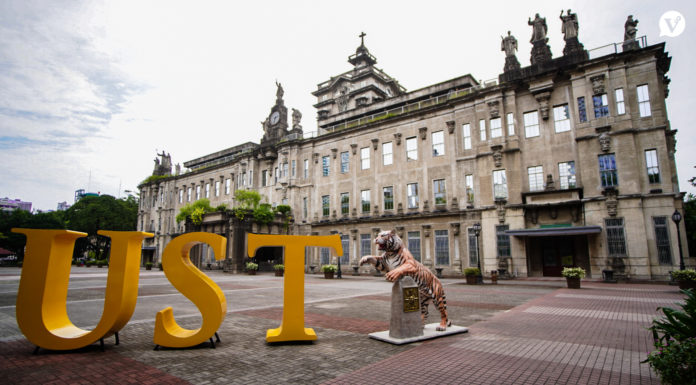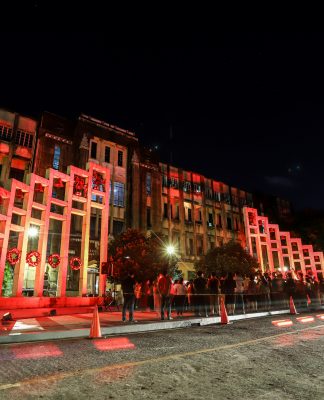DESPITE efforts to regain UST’s “lost glory in the bar examinations,” the Faculty of Civil Law Student Council’s (CLSC) has failed to solicit financial support from the UST administration for its bar operations (bar-ops).
According to CLSC president and bar operations committee chief Edgardo Banaag, the University has not shelled out a single centavo to help the student council since the bar-ops started three years ago. He said the funding from the bar-ops come from alumni donations, the student council fee, and fund-raising projects by the CLSC.
“Whatever is the result of the bar exams, it will ultimately redound to the benefit of the (University). Kung (tataas) ang passing rate (ng UST) sa bar exams, definitely gaganda ang image at credibility ng University,” Banaag said.
Banaag said the administration has provided help in other aspects, providing a room where students can work, for instance. But he said the bar-ops need additional funding.
During the Rector’s end-of-term report last month, Civil Law students told Rector Fr. Tamerlane Lana, O.P. of the bar operations’ need for financial support. Fr. Lana promised to take the matter up with Vice-Rector for Finance Fr. Melchor Saria, O.P.
The centralized bar operations were started by the CLSC three years ago to give additional aid to non-affiliated Thomasian barristers. Prior to its centralization, only the Faculty’s fraternities and sororities have bar operations. The bar operations come in handy especially in getting bar examination tips.
“The trend (nowadays) is that passing the bar exams is not just the concern of the barrister. What is at stake is not just (the barrister’s) future, but the credibility and the image of the school as well,” Banaag said.
CLSC vice president Niño Embuscado said the bar operations’ expenditure this year was approximately P400,000, which included the billeting of the 78 Thomasian barristers for four consecutive Saturdays and Sundays this month at the Bayview Hotel along Roxas Boulevard.
On another point, Banaag said the CLSC has plans of institutionalizing the bar operations to define its powers and functions and identify sources of funds.
Banaag said the council would push for a separate term of office for the bar operations committee members and the student council officers. Under the current set-up, the committee membership is co-terminus with CLSC officers’ terms, placing the bar operations at a disadvantage because there is no continuity.
Meanwhile, Civil Law Dean Jaime Lantin told UST’s bar candidates during the send-off program last Aug. 31 that they should not fear the bar exams. He said the barristers have acquired the “necessary tools” to hurdle the exams during their stay at the Civil Law and in the pre-bar review.
“If a (difficult) question comes up, pause and pray. And you will be able to answer the question properly,” Lantin said.
The bar examination is the only licensure exam not governed by the Professional Regulations Commission in the country and the only one that employs an essay format. It has an annual national passing rate of around 20 percent to 25 percent. The examinations started last Sept. 1 and will run for four straight Sundays. It covers eight areas in law, namely Labor Law, Political Law, Civil Law, Criminal Law, Taxation, Commercial Law, Remedial Law, and Legal Ethics.













